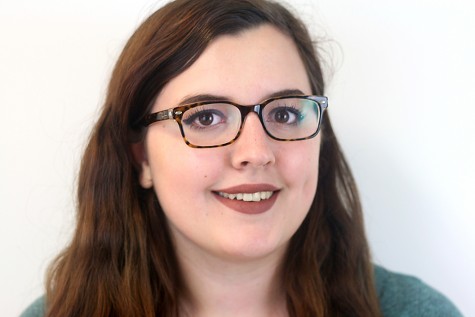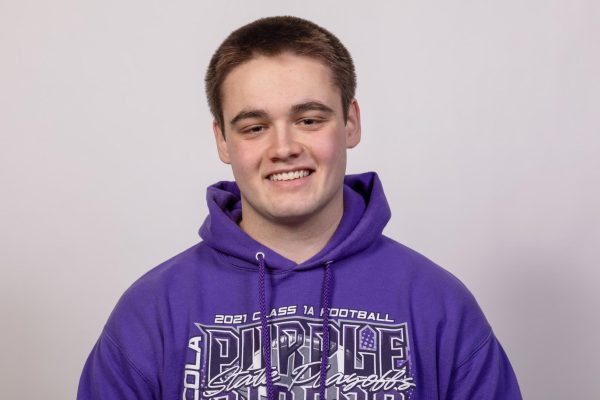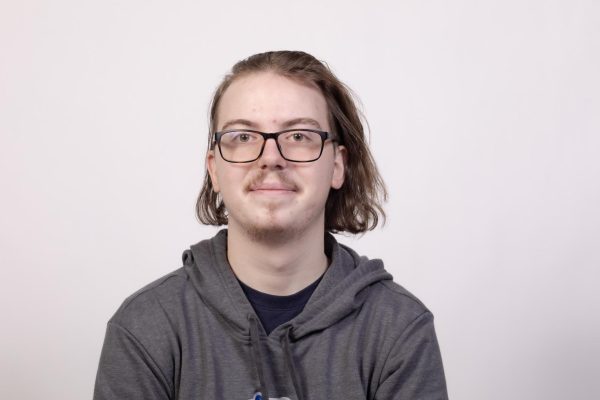Progress is a process; take health one step at a time
November 2, 2017
When I wake up in the morning feeling sleep deprived, my eyelids carry the same heaviness as my heart.
When my deafening alarm blares, I sink into a deep, suffocating sand. I do not face the day as a time of new opportunity; instead I face the question I often pose to myself: Why did I have to wake up today?
Then comes the battle of trying to rip myself from my coffin of slumber. Most days it is hard, and others I never got into bed to sleep in the first place.
Now, I am trying to live a more positive life after spending much of my time trying to convince myself I deserve to be happy.
Even though it is easier to give in to how I was feeling, I had to understand the weight I was carrying in the cliché statement, “It is OK to not be OK.”
Sometimes trying to be happy is a fight. However, it is one worth being a part of so I do not go on to the path I was on before.
A year ago, I slipped the most. My rib cage was fighting to keep in the explosive emotions writhing within and somehow, I also felt empty.
I had never felt more alone in my life. Even though I had my friends and family, I was isolated by myself.
I screamed for help in notebooks and with razor blades that I thought could help replace the fingerprints of my abusers.
Nothing helped. Even if those moments of relief came from harming myself, the blood and scars would always remind me that I let them define me. I was weak.
Toleration of these thoughts was no longer an option. There was no way to escape my skin that still does not feel like my own.
I ripped open my brown leather-bound notebook and I had a plan to take my life.
Running through each line with goodbyes and elaborating on why I wanted to leave felt like drowning.
My room was a blur because my eyes were flooded with saltwater. I felt like I was sinking again and I thought my lungs were going to burst.
I forgot how to breathe and I could not swim through whatever this was. It felt like there was no surface.
Letting go seemed so much easier than barely holding on.
It was a knock that made me stop writing. I quickly cleaned my wounds, closed my notebook and did my best to hide what was literally behind my closed door.
When I opened the door, no one was there. It must have been a floormate, or maybe I was hearing things.
As I closed the door, I realized I could breathe again because I was preparing myself to hide for an interaction.
After some deep breathing, I was able to review what I had written, and I felt like I was invading space even though it was my own.
My mind was in a dark, eerie place I hope I never return to.
Somehow a knock pulled me from myself, and I realized I treated my body as my abusers had.
Once I realized this, I tore out those pages, walked to an alley and took a lighter to my words.
I watched the warm orange and blue flames destroy the pages, and the ashes told me I could only get better one step at a time.
That fire was putting my first foot forward.
Abbey Whittington is a junior journalism major and can be reached at 581-2812 or [email protected].















































